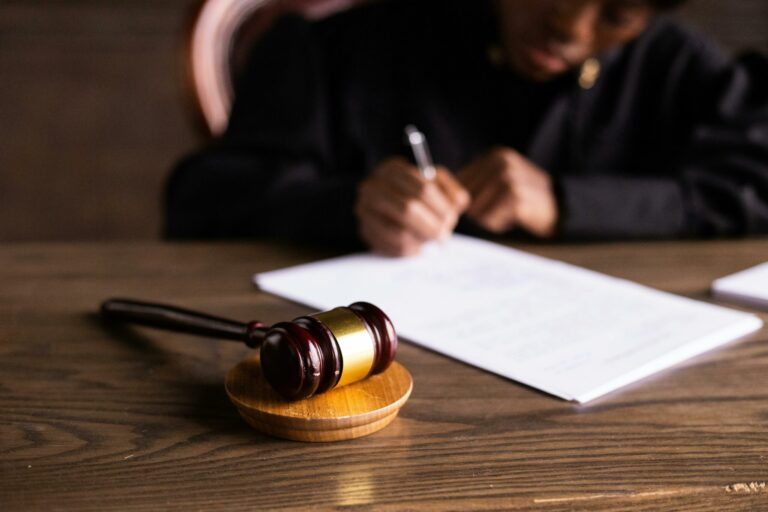When it comes to managing the affairs of someone who is unable to do so themselves, two legal tools often come into play: guardianship and power of attorney (POA). Both are designed to help a person make decisions about their well-being or finances, but they differ in important ways. Additionally, hiring a lawyer can be critical in navigating the complexities of each. Here’s a breakdown of the key differences and why legal assistance may be helpful.
1. Purpose
- Guardianship: Appointed by a court, a guardian is responsible for making decisions for someone (the “ward”) who is legally incapacitated, such as a minor or an adult with disabilities. Guardians have broad authority over personal and financial matters.
- Power of Attorney: A power of attorney is a voluntary agreement where one person (the “principal”) appoints another (the “agent” or “attorney-in-fact”) to act on their behalf. The principal must be mentally competent when granting the POA, and the powers given can be specific or broad.
2. Authority
- Guardianship: The court grants a guardian authority to act on behalf of the ward, often including decisions about health care, finances, and living arrangements. The guardian is subject to ongoing court oversight.
- Power of Attorney: The agent’s authority is limited to the powers outlined in the POA document. A POA can grant general authority or specific powers and can be revoked by the principal.
3. How They’re Created
- Guardianship: Guardianship requires a legal proceeding where the court determines that the person is unable to manage their own affairs due to incapacity. A lawyer can help navigate the complex court process, file necessary petitions, and represent the potential guardian.
- Power of Attorney: A POA is created through a legal document signed by the principal, with no court involvement. However, consulting a lawyer ensures that the POA document is properly drafted, addresses specific needs, and complies with state laws.
4. When They Take Effect
- Guardianship: Takes effect after a court declares the person incapacitated and appoints a guardian. The ward typically loses their legal ability to make decisions.
- Power of Attorney: Can take effect immediately when signed or when the principal becomes incapacitated (a “springing” POA). A lawyer can help structure the POA to take effect under the desired conditions.
5. Termination
- Guardianship: Guardianship typically lasts until the court decides the ward is capable of managing their own affairs or until the ward passes away. A lawyer can assist with petitions to terminate or modify the guardianship.
- Power of Attorney: Ends when the principal revokes it, becomes incapacitated (unless it’s a durable POA), or dies. A durable POA remains in effect if the principal becomes incapacitated but ends at death.
6. Oversight and Accountability
- Guardianship: The court oversees the guardian’s actions and often requires regular reports to ensure the ward’s interests are protected. A lawyer can help the guardian comply with legal reporting obligations.
- Power of Attorney: There is no court oversight unless someone disputes the agent’s actions. If disputes arise, a lawyer can help resolve them or modify the POA.
Why Hire a Lawyer?
Both guardianship and power of attorney involve significant legal responsibilities, and having professional legal guidance ensures that:
- All legal requirements are met.
- The terms of the guardianship or POA are clear and enforceable.
- Any disputes are handled properly, avoiding costly mistakes.
- The person’s best interests are fully protected.
A lawyer can help determine which option is best suited to your needs and assist with drafting documents, filing court petitions, and providing ongoing advice.
Conclusion
Guardianship and power of attorney are vital tools for managing another person’s affairs when they can no longer do so themselves. While guardianship is a more formal, court-supervised process, power of attorney offers more flexibility and control to the principal. Hiring a lawyer can be instrumental in ensuring that the proper legal steps are taken and that the individual’s rights and interests are safeguarded.

